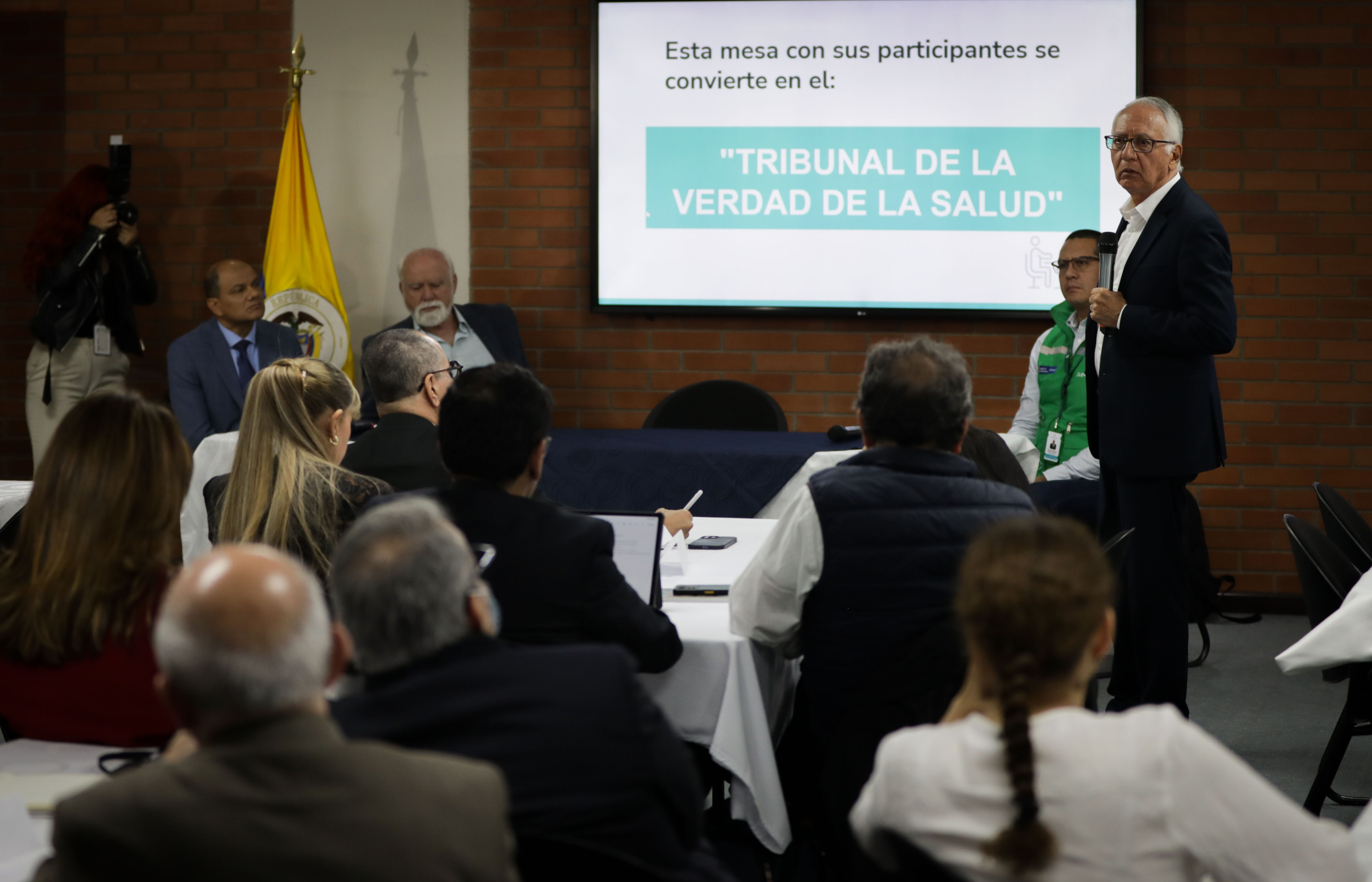Afidro calls for technical consensus to define the UPC 2026 and ensure the sustainability of the health system.

The Association of Pharmaceutical Research and Development Laboratories (Afidro) issued an urgent call to all stakeholders in the Colombian healthcare system to work together to adequately define the Capitation Payment Unit (UPC) by 2026, in a context marked by growing financial difficulties that threaten the healthcare of millions of citizens.

Ignacio Gaitán Villegas, president of Afidro. Photo: Afidro
“The 2026 UPC cannot be calculated based exclusively on inflation, as this does not adequately reflect the needs and dynamics of the healthcare system,” said Ignacio Gaitán, president of Afidro. “Furthermore, it is not just about increasing the value of the UPC, but also about ensuring an adequate, technical calculation, with consensus and commitment. We must ensure traceability and efficiency,” he added.
The pharmaceutical industry warned that the insufficient adjustment of the UPC, coupled with the increase in requests, complaints, and claims (PQR), is directly affecting patients' access to the treatments they need. According to figures from the Comptroller General of the Republic, PQRs increased from 1.3 million in 2023 to 1.6 million in 2024, representing a 23% increase. According to a recent report by the patient organization Retorno Vital, waiting times to receive medications can extend up to 250 days, and to access a medical appointment, up to three months.

The Ministry of Health will again hold technical roundtables on the UPC. Photo: Mauricio Moreno
The financial impact has also directly affected the operations of Afidro's affiliated companies, whose total portfolio reached 4.6 trillion pesos by the end of 2024. This situation, compounded by delays in the allocation of maximum budgets, deficiencies in resource management, and high levels of waste, puts the system's sustainability at risk.
Faced with this situation, Afidro proposes a series of concrete measures to strengthen the health system:
- Spaces for technical dialogue: The creation of working groups is proposed, including the government, insurers, health providers, and experts, to find solutions based on updated data and solid evidence.
- Dynamic calculation methods: Modernizing the calculation of the UPC must incorporate factors such as growing demand, epidemiological changes, and population aging.
- Transparency and traceability: Improved availability and clarity of financial information is required to achieve more efficient resource management.
- New sources and financing schemes: Afidro suggests exploring alternatives such as social impact bonds, public-private partnerships, inclusive insurance, tax-based projects, and the use of royalties for healthcare investments.
- Co-responsibility and efficiency: All participants in the system are called upon to commit to reducing inefficiencies, containing costs, and improving the quality of spending.
“Although the challenges are significant, with political will, consensus, and the commitment of the sectors involved, it is possible to promote positive structural reforms that guarantee dignified, timely, and sustainable healthcare,” Gaitán added. “We invite all leaders and stakeholders in the sector to join a proactive and collaborative approach that fosters real and lasting solutions focused on patients.”
On July 30, various stakeholders in the system will meet to review and adjust the UPC. For Afidro, this meeting should mark the beginning of a structural transformation of the Colombian health system, which requires technical vision, a willingness to engage in dialogue, and shared responsibility. "The adaptation of the UPC and the efficient management of resources are not only technical issues, but are crucial for the well-being of millions of citizens," the association concluded.
Environment and Health Journalist
eltiempo




%3Aformat(jpg)%3Aquality(99)%3Awatermark(f.elconfidencial.com%2Ffile%2Fa73%2Ff85%2Fd17%2Fa73f85d17f0b2300eddff0d114d4ab10.png%2C0%2C275%2C1)%2Ff.elconfidencial.com%2Foriginal%2Fa64%2Fc5f%2F671%2Fa64c5f67138995bd756ada205a8715cc.jpg&w=1280&q=100)
